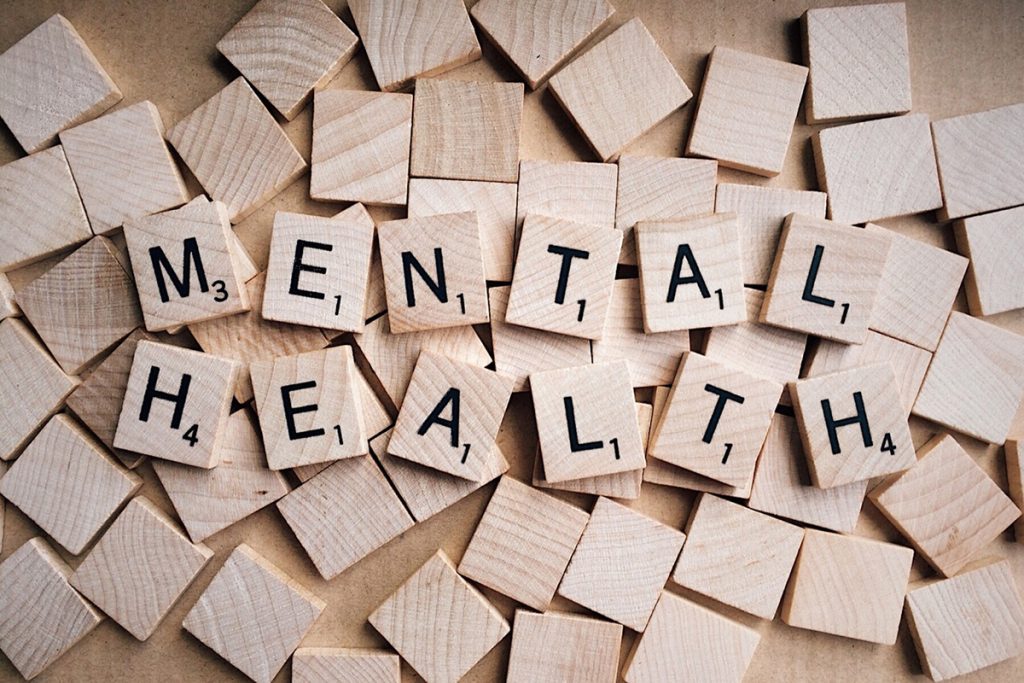3 Essential factors to keep your brain sharp and healthy

Your brain is an extraordinary organ with approximately 100 billion nerve cells working in unison to maintain sharp and quick thinking. However, like any part of your body, the brain can lose some of its vitality with age. You may start writing things down more often, missing appointments, or finding it difficult to follow conversations or TV shows without extra effort.
The good news is that, much like exercising your body, you can exercise your brain. According to Hermundur Sigmundsson, a professor at the Norwegian University of Science and Technology’s (NTNU) Department of Psychology, maintaining brain health involves nurturing both the grey and white matter.
Grey matter consists of neurons and dendrites, while white matter includes the myelinated axons that help transmit signals swiftly and efficiently.
A recent article in the journal Brain Sciences offers an extensive overview of research on preserving brain health, drawing on 101 references. The paper highlights how crucial it is to maintain both grey and white matter.
Professor Sigmundsson identifies three key factors for optimal brain health: physical exercise, social engagement, and fostering strong interests. These three pillars are essential to keeping your brain functioning at its peak.

01. Physical activity
Physical activity is often one of the biggest challenges for many people. Just as too much sitting can make your body sluggish, it can also negatively affect your brain. Staying active is essential for the development of the central nervous system and for slowing down the brain’s natural aging process.
It’s important not to become sedentary. If you have a desk job, attend school, or spend much of your day seated, you must make an effort to stay physically active. Regular exercise is key to preserving your brain’s vitality.
02. Social connections
Although some people prefer solitude or the company of just a few close friends, it’s crucial to recognize the importance of social interaction. While Jean-Paul Sartre’s famous line, “hell is other people,” might resonate with some, socializing plays a key role in brain health.
Connecting with others—whether through conversation or physical contact—stimulates the brain by supporting complex biological processes that help ward off cognitive decline. Maintaining social relationships is fundamental to keeping your brain healthy.

03. Passion and curiosity
The third key to brain health is passion—a deep interest in something that fuels you. While this may be tied to your personality, a strong desire to learn and grow provides an essential foundation.
Remaining curious and open to new experiences is vital. Avoid falling into a monotonous routine. No matter your age, it’s never too late to try something new, whether it’s learning an instrument or exploring a new hobby. Passion and curiosity stimulate your brain, encouraging the development and maintenance of neural connections.
3 Essential factors to keep your brain sharp and healthy conclusion
Research led by Sigmundsson, along with master’s student Benjamin H. Dybendal and associate professor Simone Grassini at the University of Stavanger, reinforces the idea that your brain, like your body, needs regular exercise to stay healthy. The saying “use it or lose it” is particularly true when it comes to brain health.
Your lifestyle has a direct impact on brain development. Engaging in physical activity, cultivating social bonds, and following your passions all play a role in preserving and enhancing your brain’s structure as you age. These three factors are critical to maintaining a high quality of life and aging gracefully.
No matter how old you are, you can actively support your brain’s health. By staying physically active, fostering relationships, and pursuing lifelong learning, you can help keep your brain sharp and vibrant well into your later years.




















